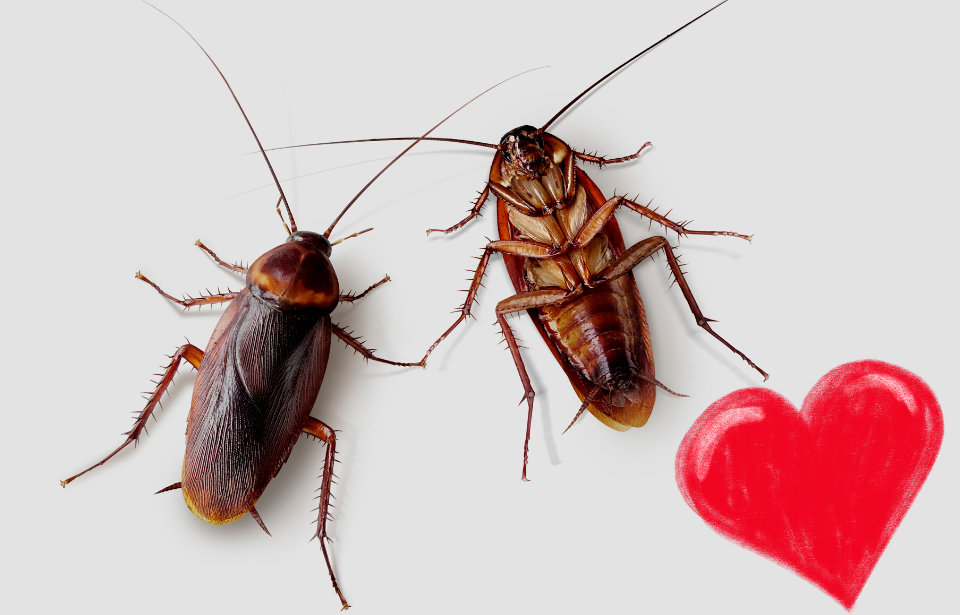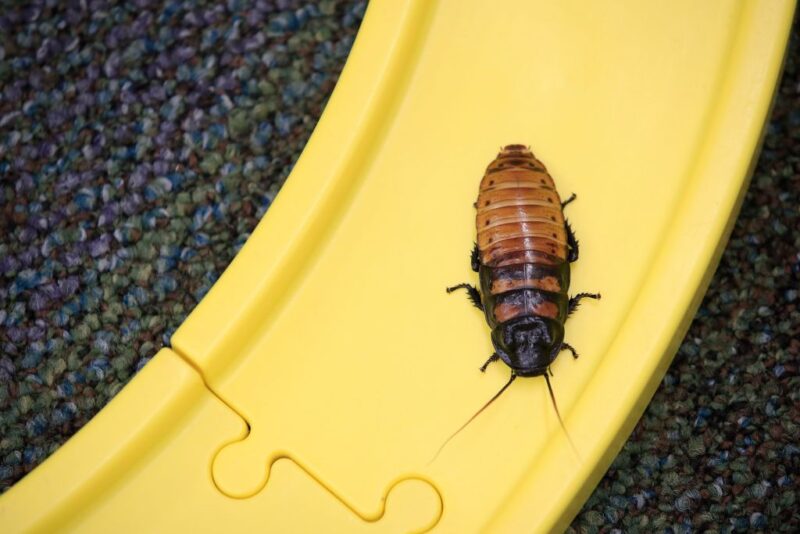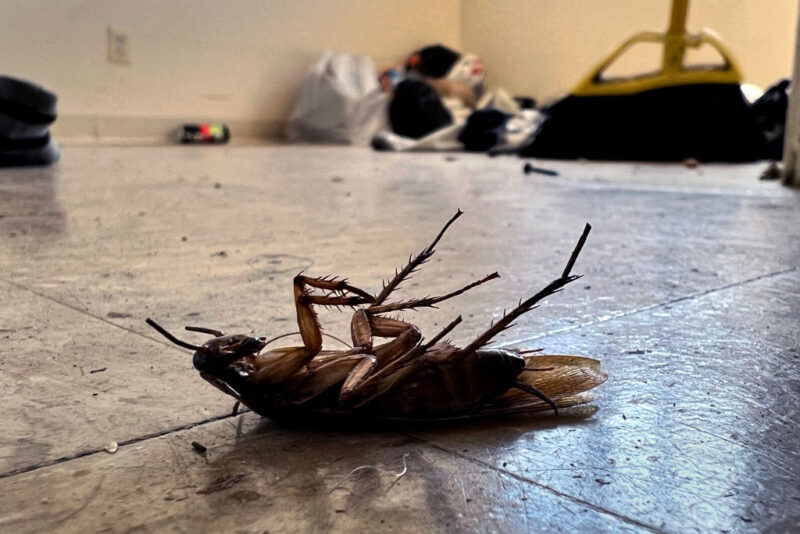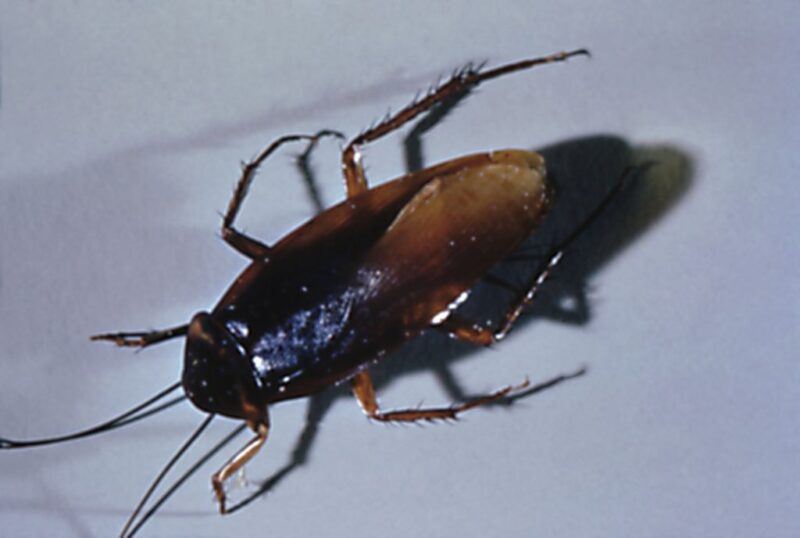Cockroaches Are Adapting Their Sex Lives In Response to Pesticides

Among the most irritating pests in the world, cockroaches have been the bane of human existence for much of history. In recent decades, traps and pesticides have been developed to remove the insects from human dwellings. However, a study in the journal Proceedings of the Royal Society B has found that the creatures have adapted their mating habits in response to such measures.

When looking to copulate, a male cockroach will raise its wings to reveal to the female a sweet substance that’s secreted from the gland on its back. Similar to chocolate in its chemical makeup and sweet like glucose, it’s intended to appeal to the female enough for her to climb onto the male’s back to begin the 90-minute lovemaking session.
However, an issue has arose due to the increase of glucose-containing traps and pesticides by humans. As a form of evolutionary survival, the insects have begun to show an aversion to the glucose in traps and the secretions produced by potential male mates.
“[The female] simply walks away,” Coby Schal, co-author and evolutionary biologist at North Carolina State University, told NPR. “So this poor male has just lost his opportunity to copulate with the female. Suddenly, this adaptive [trait] becomes maladaptive in a context of sexual interaction.”

The study, titled Gustatory polymorphism mediates a new adaptive courtship strategy, involved Schal, Eduardo Hatano and Ayako Wada-Katsumata examining how lab-raised German cockroaches adapt their sex lives to this growing glucose aversion.
What the team found is that the males made two key changes to their mating rituals, to ensure successful copulation. The first was a different recipe for the secretions – a more complex compound called maltoriose. It takes five minutes to break down into glucose when met with a female’s saliva, as opposed a few seconds.
Additionally, the males initiated the sexual encounter much more quickly.
The female cockroaches, too, made a change. The lab-raised ones produced a different type of saliva that’s not as effective at breaking down maltose – the original secretion – into glucose. This means they’re better able to handle that produced by their mates.
According to the study, this resulted in 60 percent of the cockroaches successfully mating with their partners.

“Cockroaches are more than just pests,” Jessica Ware, an entomologist not involved in the study, told NPR. “This is a beautiful evolutionary ecology example.” She added that the research “shows how this elaborate behavior [of a nuptial gift], which evolved presumably over hundreds of millions of years, has in just a short period of time been altered dramatically by humans.”
More from us: Scientists Solve Mystery of Sea Urchin Killer In the Caribbean
While the study shows just how resilient German cockroaches are, it should be reiterated that the specimens at the center of the experiment were raised in a laboratory. This means it’s currently unknown if or when similar traits will appear in the wild.
